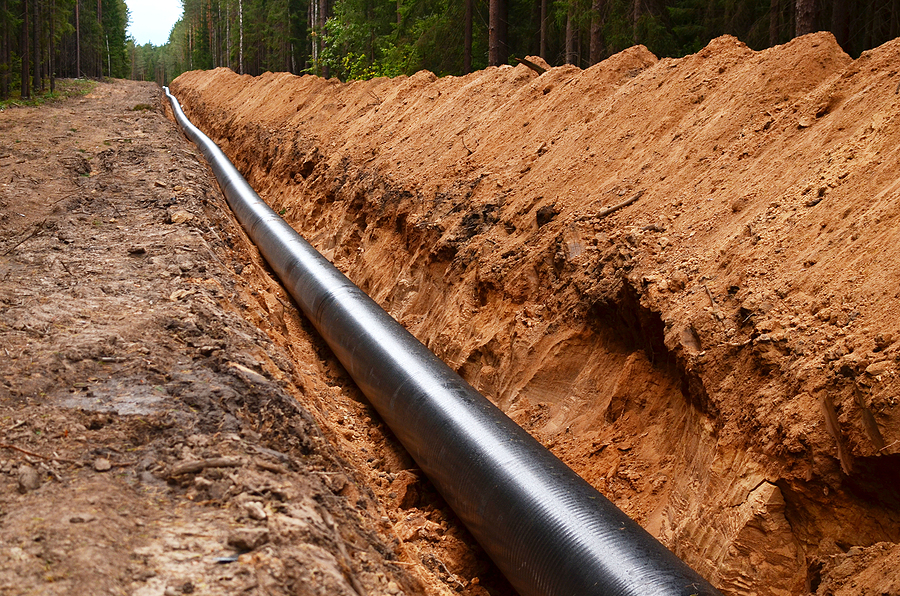STEIDLER: Keep the EU Out of America’s Business

The European Union, which has dismally failed to foster a business climate where tech companies can thrive, is now aiming to cripple America’s tech leaders, potentially landing a body blow to the broader U.S. economy. More distressing is that the EU is being aided and abetted in its regulatory attacks by the Federal Trade Commission.
The EU and the United States have often squared off on economic issues.
For 17 years, under four presidents, two Democrats and two Republicans, the EU and the United States were involved in a high-profile fight over aircraft manufacturing. The EU has strenuously objected to provisions in the Inflation Reduction Act, which President Biden championed. Other areas of disagreement have included agricultural products, steel, aluminum and even hard liquor.
But the mother of all EU attacks on U.S. businesses has been launched as the European Commission begins enforcing the Digital Markets Act and other measures against large U.S. tech companies. Except for one Chinese company, all the EU targets are from the United States: Alphabet (Google), Amazon, Apple, Meta (Facebook and Instagram), and Microsoft.
Among those raising protests toward the EU is a bipartisan group from the House of Representatives, 12 Democrats and 10 Republicans.
The group wrote to Biden on December 15, expressing “grave concern” as “the recent decisions by EU authorities pose serious potential damages to America’s competitiveness and security interests.” They also call out Europe’s parochial interests, saying, “The EU’s ‘digital sovereignty’ agenda has repeatedly applied one set of rules to American companies and a different, more favorable set of rules to European and foreign firms, including Russian and Chinese firms.”
Former president Barack Obama also warned against the EU’s abuse of power.
In 2015, Obama took the EU to task for having a dismal tech sector and trying to compensate for that by taking down America’s tech leaders. President Obama said, “We have owned the internet. Our companies have created it, expanded it, perfected it in ways that they can’t compete. And oftentimes what is portrayed as high-minded positions on issues sometimes is just designed to carve out some of their commercial interests.”
Unfortunately, the FTC, led by its stridently progressive chair, Lina Khan, has been working quietly with EU regulators instead of standing up for U.S. companies. Khan has made several trips to Europe to meet with regulators and address the International Competition Network, an international regulatory group.
The EU has the administration right where it wants it for taking on U.S. tech companies.
For example, on March 30, 2023, there was a meeting between Khan, the U.S. Justice Department’s Antitrust Division Assistant Attorney General Jonathan Kanter, and Margrethe Vestager, the executive vice president of the European Commission, which enforces EU rules.
Vestager said, “Today’s meeting has proven once again how fruitful it is to keep engaging in close cooperation between the European Commission and the US competition authorities.”
To keep the United States on the sidelines as the EU goes after U.S. companies is a win for Vestager and the EU. To get U.S. support is a hefty bonus.
The stakes are high. Companies that fail to comply with the EU’s Digital Markets Act can face fines of up to 10 percent of their global revenues, or more than $150 billion from the five companies. This could hobble those companies in the United States, leading to retrenchments and even layoffs with cascading tech sector effects. It could also lead to stock market drops that harm tech-oriented portfolios and the broader equity markets.
Pandering to the EU to go after U.S. companies makes no sense. It needlessly cedes national sovereignty with no tangible benefits for the United States.
It is time for the FTC to disclose its largely secretive discussions with EU regulators, as many in Congress have already demanded. Furthermore, the FTC should cease and desist all interaction with the EU until further notice.



